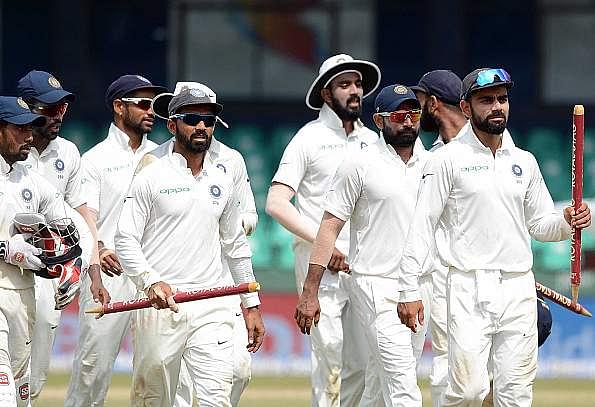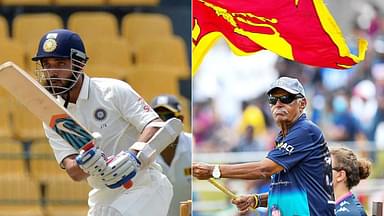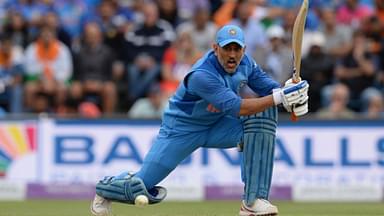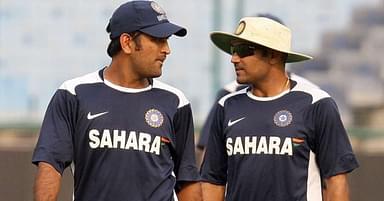Virat Kohli recently went on air to shed light on the schedule issues that the current Indian team was facing, especially with the South African tour coming up.
Advertisement
After the New Zealand series, Virat Kohli and co. had expected that India would be given a break before the big South African tour, but BCCI went ahead and scheduled a Sri Lanka home series instead, leaving the Indian team with no time to prepare for the conditions in South Africa.
During the pre match conference for the 2nd test, Virat Kohli pointed out that he would have preferred for the team to have undergone a camp like situation before the South Africa tour, and the fact that the cricketers were not ‘robots’.
BCCI then responded to Virat’s claims, saying that they would look into the matter and would try and rectify the scheduling process in the future.
The National selection committee would be announcing four squads on Monday, one for the third test against Sri Lanka, one for the ODI and T20 series against Sri Lanka, and one for the 1st Test against South Africa.
Virat Kohli might as well opt out of the 3rd test too, with Ajinkya Rahane in line to take up the captaincy role.
If Kohli opts out of the Sri Lanka series, it would be interesting to see as to who gets the captaincy role, whether the team management goes back to MS Dhoni, or gives it to current vice captain, Rohit Sharma.
The major selection headache that the selectors will face will be one for the South Africa series, where they will need to take a call with respect to what bowling combination India would be opting for.
According to reports, India would be opting for a 17 member squad, with Hardik Pandya, Ravindra Jadeja and Ravichandran Ashwin as the all-rounders, and there being a straight toss up between Jasprit Bumrah and Kuldeep Yadav for the final bowling spot(Mohammad Shami, Umesh Yadav, Ishant Sharma, Bhuvaneshwar Kumar being the other bowlers).






